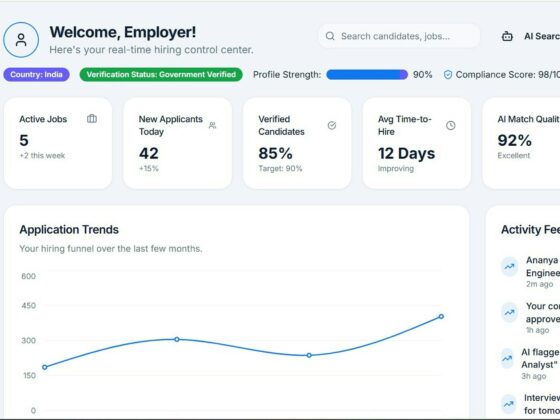
Getting from A to B isn’t as straightforward as it used to be. With an increase in weather events, strikes and airport shutdowns, such as the recent Heathrow Airport power outage, disruption is becoming inevitable. This puts ground transport under growing pressure to respond quickly and keep passengers moving safely and reliably.
For travel operators, this isn’t just about emergency planning anymore. It’s about rethinking the entire model around flexibility, automation and passenger expectations.
Here are five trends defining how the sector is responding:
1. Redefining safety: Digital preparedness as duty of care
The CrowdStrike outage in July 2024, which impacted numerous systems across the travel supply chain, demonstrated the fragility of digital infrastructure. For airlines, having dependable ground transport partners wasn’t just a convenience, it was a strategic advantage. Those able to mobilise alternative transport quickly reduced the cost of delays, avoided penalties, and protected their reputation by keeping passengers informed and cared for, even when core systems were down.
Expectations around duty of care are only rising, particularly for international or high-frequency travellers. Tech-led compliance, route risk assessments, journey tracking and 24/7 support are now key components of any scalable resilience strategy.
2. Smarter scaling with just-in-time, multi-modal integration
As flight schedules shift and interruptions increase, ground transport must move beyond fixed routes to flexible, demand-led solutions.
Just-in-time and multi-modal models, for example linking coach and taxi, allows operators to switch modes quickly when service challenges occur, such as flight delays or diversions. This reduces friction for travellers and keeps journeys moving.
Real-time demand forecasting also plays a key role. During disruption, businesses need to scale fast, deploying extra vehicles where needed and reallocating capacity efficiently. Smart tech makes that possible, turning reactive recovery into proactive and personal service.
3. Reliability as a competitive advantage
Disruption has made reliability one of the most valuable brand assets in transport. Travellers are quick to lose confidence after such incidents, for example, an independent study found that 46% of UK travellers say their experience of flight delays or cancellations has made them less inclined to fly with the airline involved in the future.
Take the UK storms in January 2025, which forced widespread rail cancellations and grounded flights across the north. Business and leisure travellers alike scrambled for alternatives. Those able to access ground transport quickly – whether via providers or internal capabilities – were far more likely to view their overall experience as positive, despite the disruption. The above study around transport disruption found that 49% of respondents had no alternative transport arranged, leading to negative perceptions of the airline involved.
This is where predictive analytics and automatic processes are coming into play. By using real-time weather feeds, traffic data and flight status updates, travel platforms can trigger alternative ground options as soon as possible. These integrations are key to building passenger trust and loyalty.
4. The rise of tech-driven journeys
As digital-first expectations rise across the travel industry, ground transport has undergone a similar transformation. Passengers now expect operators to match the digital ease of services such as flight check-in, with self-serve booking, live tracking, instant confirmation and in-app support.
This is particularly evident in recovery scenarios. For example, during the collapse of an airline, many travellers are likely to be left stranded, requiring alternative transport and accommodation solutions. In such high-pressure situations, having the technology to automatically reassign vehicles, consolidate trips and communicate updates in real time can make a critical difference. Ground transport operators equipped with integrated, automated dispatch systems will be better positioned to respond efficiently and minimise the need for manual intervention or overloaded call centres during peak disruption.
Touchless doesn’t mean impersonal. The best digital journeys blend automation with human reassurance, helping travellers feel supported while reducing operational overhead.
5. Building inclusion into resilience strategies
Transport disruption affects everyone, but not equally. Travellers with accessibility needs are often the most impacted by delays or last-minute changes.
That’s why inclusion is increasingly being treated as a core component of resilience. Whether it’s flexible booking channels or access to a wider range of vehicles, inclusive design is moving up the agenda for travel providers.
With regulation evolving, inclusive transport strategies are not just ethical, they’re non-negotiable.
Passenger-first, tech enabled resilience
One thing is clear; disruption is not going away, but the industry’s ability to manage it is evolving rapidly.
For transport operators, this opens the door to new partnerships and innovations that reimagine how passengers safely move from A to B, especially in the most challenging moments.








